NYT: Serbian govt. knew Mladić whereabouts
The Serbian government “knows perfectly where Mladić is", said a U.S. cable from 2008, according to a report in the New York Times today.
Thursday, 09.12.2010.
16:41

The Serbian government “knows perfectly where Mladic is", said a U.S. cable from 2008, according to a report in the New York Times today. The daily says that the WikiLeaks material shows concern about a lack of cooperation with the Hague Tribunal on the part of Serbia. NYT: Serbian govt. knew Mladic whereabouts A Spanish diplomat is quoted as saying that the government “knows perfectly where Mladic is”. "U.S. diplomats also reported the private reservations of Serbian presidential advisors, who complained about a lack of cooperation from Russia. One advisor, Miki Rakic, was particularly suspicious of Mladic loyalists who met with and called Russian diplomats," writes the New York Times. "Rakic even traveled to Russia to confront the national security advisor, Nikolai Patrushev, about whether Russians were aiding Mladic," according to this. According to the cables quoted by the newspaper, "Western diplomats say Russia’s reluctance to cooperate over. Mladic would fit with a pattern in which the Kremlin has tried to undermine the Hague war crimes tribunal, which it sees as a Western instrument turned on Orthodox Slavs." "A secret cable from November 2009 recounted how the Austrian diplomat Valentin Inzko, the high representative for Bosnia and Herzegovina, worried that America was 'abandoning the Mladic case'. His deputy, an American diplomat, also raised the complaint because all U.S. 'military elements working on war crimes issues have left'," says the article. Inzko was also quoted as saying that Mladic was "hiding in Belgrade with a new identity, perhaps with help from a security firm acting as a support network". One of the cables cited in the report "disclosed that Rade Bulatovic, then the head of BIA, the state intelligence agency, knew where another accused war crimes suspect, Radovan Karadzic, was hiding six months before his capture in 2008," and that he "did not act because of prime minister Kostunica’s ideological kinship with Karadzic and a lack of international pressure.” “When the government changed, Bulatovic had presented the information in exchange for the promise of an ambassadorship," the daily quotes the cables, but adds that Bulatovic, who denied he had "early information about the whereabouts of Karadzic or Mladic", also did not get the appointment. As for the former military leader of Bosnia's Serbs, wanted by the Hague Tribunal on charges of genocide, he is described as "mentally tough, skilled in security tactics and abetted by loyal protectors trained in the military, according to his friends and supporters," while the article asserts that his "network has also been sustained by the willingness of successive Serbian governments to look the other way". U.S. diplomats "expressed skepticism" when it comes to Foreign Minister Vuk Jeremic, and described him as a “Harvard-educated wunderkind who regards every positive interaction with Moscow as a blow to Washington". Serbian President Boris Tadic is described as a “charismatic leader who is often indecisive and politically timid”. In a statement for Beta news agency this afternoon in Belgrade, Tadic noted that the cabinet led by the prime minister from his ruling DS party took over "in the second part of 2008". Before that, said the president, Vojislav Kostunica was the premier. Tadic also stated that the Serbian government does not know where Mladic is hiding, and that he will be arrested as soon as he has been located.
NYT: Serbian govt. knew Mladić whereabouts
A Spanish diplomat is quoted as saying that the government “knows perfectly where Mladić is”."U.S. diplomats also reported the private reservations of Serbian presidential advisors, who complained about a lack of cooperation from Russia. One advisor, Miki Rakić, was particularly suspicious of Mladić loyalists who met with and called Russian diplomats," writes the New York Times.
"Rakić even traveled to Russia to confront the national security advisor, Nikolai Patrushev, about whether Russians were aiding Mladić," according to this.
According to the cables quoted by the newspaper, "Western diplomats say Russia’s reluctance to cooperate over. Mladić would fit with a pattern in which the Kremlin has tried to undermine the Hague war crimes tribunal, which it sees as a Western instrument turned on Orthodox Slavs."
"A secret cable from November 2009 recounted how the Austrian diplomat Valentin Inzko, the high representative for Bosnia and Herzegovina, worried that America was 'abandoning the Mladić case'. His deputy, an American diplomat, also raised the complaint because all U.S. 'military elements working on war crimes issues have left'," says the article.
Inzko was also quoted as saying that Mladić was "hiding in Belgrade with a new identity, perhaps with help from a security firm acting as a support network".
One of the cables cited in the report "disclosed that Rade Bulatović, then the head of BIA, the state intelligence agency, knew where another accused war crimes suspect, Radovan Karadžić, was hiding six months before his capture in 2008," and that he "did not act because of prime minister Koštunica’s ideological kinship with Karadžić and a lack of international pressure.”
“When the government changed, Bulatović had presented the information in exchange for the promise of an ambassadorship," the daily quotes the cables, but adds that Bulatović, who denied he had "early information about the whereabouts of Karadžić or Mladić", also did not get the appointment.
As for the former military leader of Bosnia's Serbs, wanted by the Hague Tribunal on charges of genocide, he is described as "mentally tough, skilled in security tactics and abetted by loyal protectors trained in the military, according to his friends and supporters," while the article asserts that his "network has also been sustained by the willingness of successive Serbian governments to look the other way".
U.S. diplomats "expressed skepticism" when it comes to Foreign Minister Vuk Jeremić, and described him as a “Harvard-educated wunderkind who regards every positive interaction with Moscow as a blow to Washington".
Serbian President Boris Tadić is described as a “charismatic leader who is often indecisive and politically timid”.
In a statement for Beta news agency this afternoon in Belgrade, Tadić noted that the cabinet led by the prime minister from his ruling DS party took over "in the second part of 2008".
Before that, said the president, Vojislav Koštunica was the premier.
Tadić also stated that the Serbian government does not know where Mladić is hiding, and that he will be arrested as soon as he has been located.










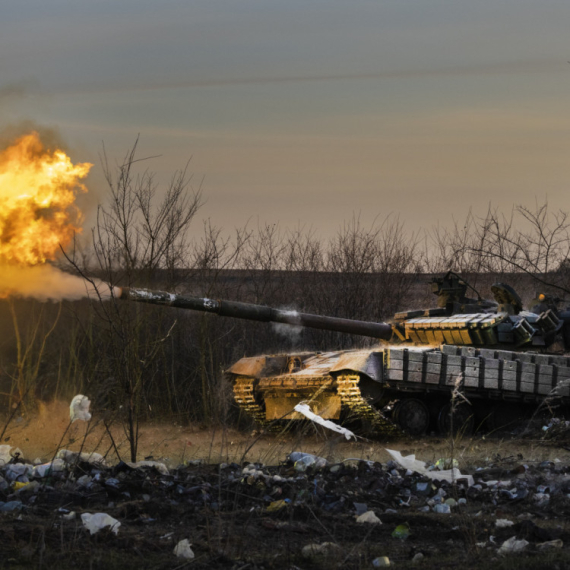
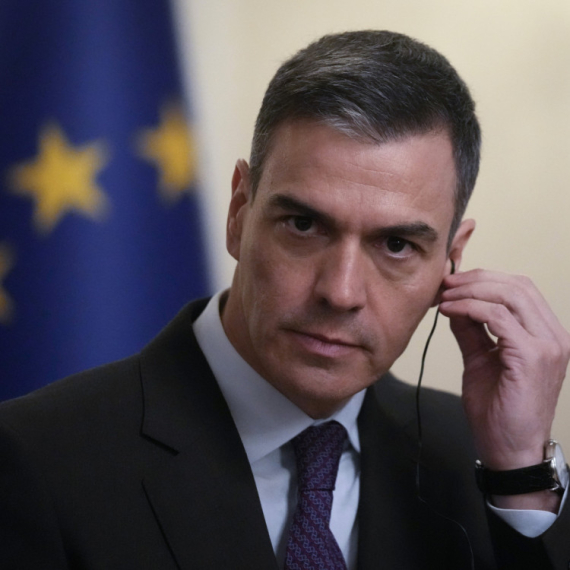
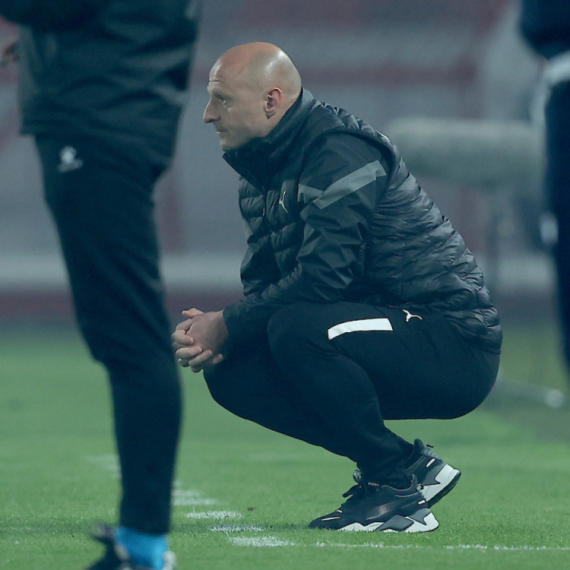


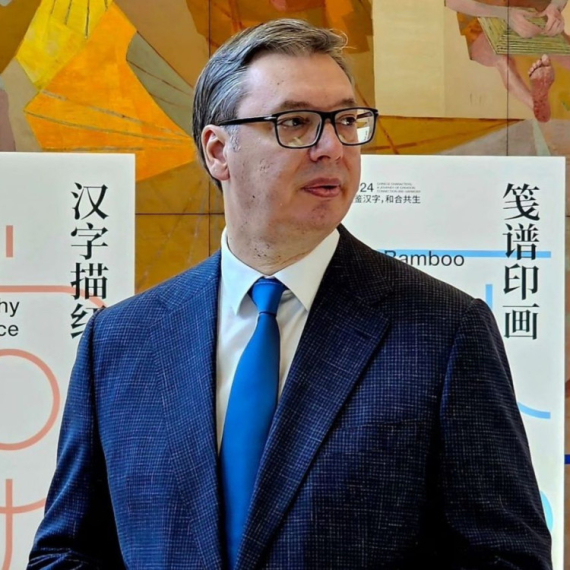
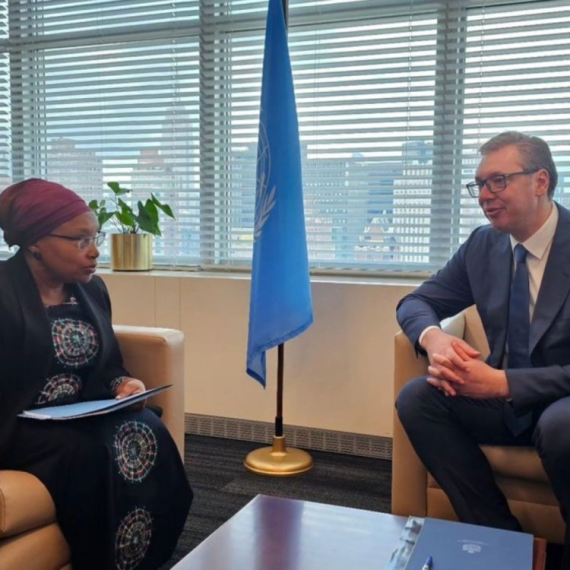
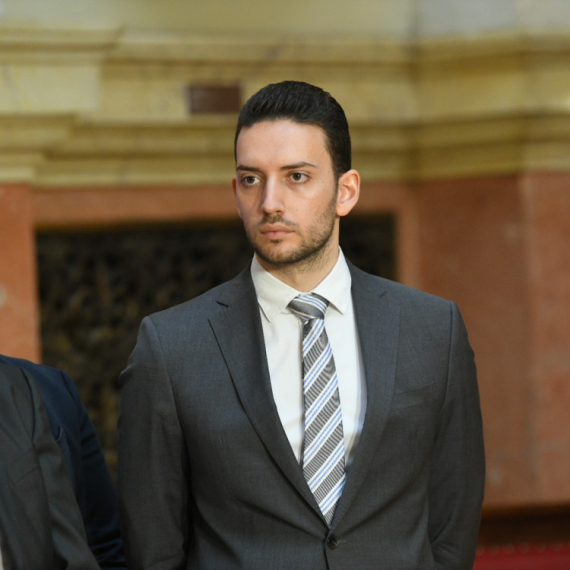




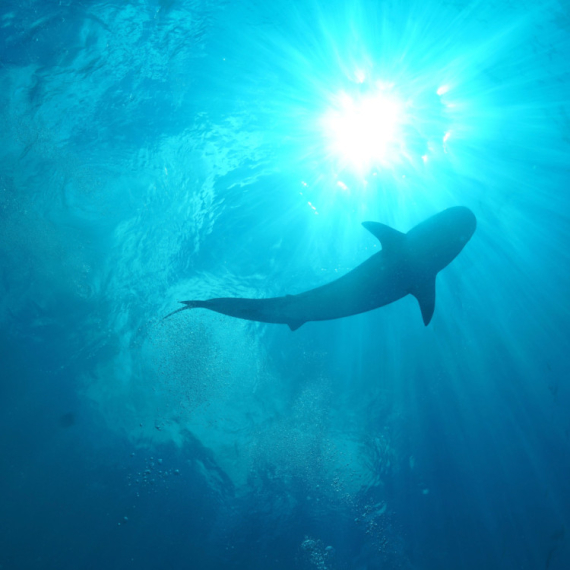


































Komentari 17
Pogledaj komentare